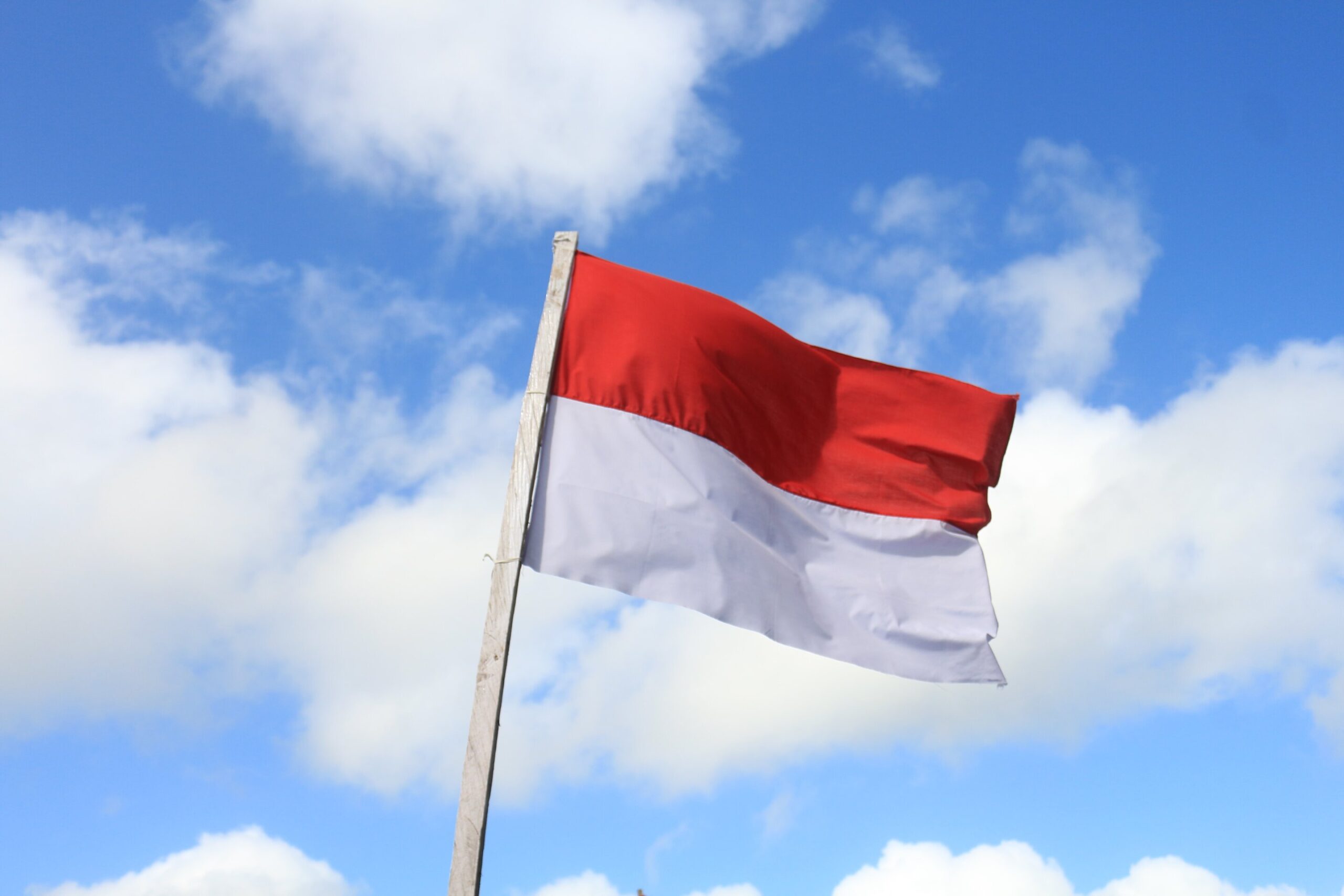Individuals living with HIV often face significant physical and mental stress, including self-stigma, which can impede their ability to seek treatment and disclose their status.
Adopting effective coping strategies helps them manage these challenges to their well-being. However, research on coping strategies and self-stigma in newly diagnosed HIV patients in Indonesia remains limited.
Researchers from Indonesia have aimed to examine how people living with HIV (PLHIV) in Indonesia cope with their emotions and how this relates to their self-perception. The work is published in The Open Public Health Journal.
Conducted in Semarang City, Indonesia, at the Poncol and Halmahera Public Health Centers, the research involved 150 individuals diagnosed with HIV within the past year. Participants completed two questionnaires assessing coping strategies and self-perception, and the data were analyzed using the Sommers test.
The findings revealed that a majority of participants, approximately 64.7%, reported low coping strategies, while 74% experienced high levels of self-stigma. Statistical analysis showed a significant correlation (p-value = 0.001, correlation strength = 0.375) between coping strategies and self-stigma, indicating a moderate relationship.
In essence, the study highlights the interconnectedness between coping mechanisms and self-stigma among PLHIV in Indonesia, underscoring the importance of addressing both aspects in HIV care and support programs.
More information:
Ahmad Ikhlasul Amal et al, Analysis of Coping Strategies and Self-Stigma Among People Living with HIV (PLHIV): A Cross Sectional Study, The Open Public Health Journal (2024). DOI: 10.2174/0118749445304007240328052310
Provided by
Bentham Science Publishers
Citation:
Study explores coping strategies and self-stigma among people living with HIV in Indonesia (2024, May 6)
retrieved 6 May 2024
from https://medicalxpress.com/news/2024-05-explores-coping-strategies-stigma-people.html
This document is subject to copyright. Apart from any fair dealing for the purpose of private study or research, no
part may be reproduced without the written permission. The content is provided for information purposes only.
